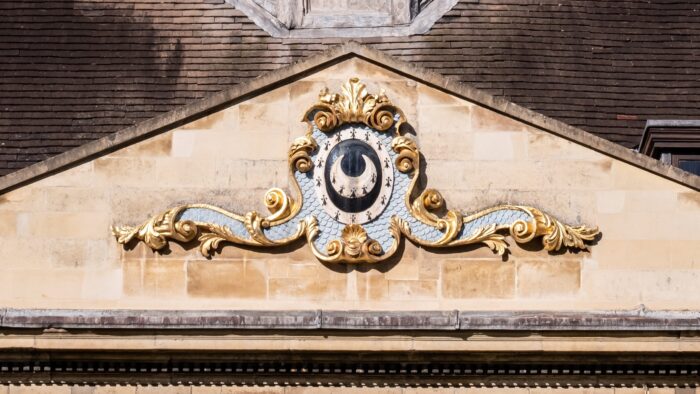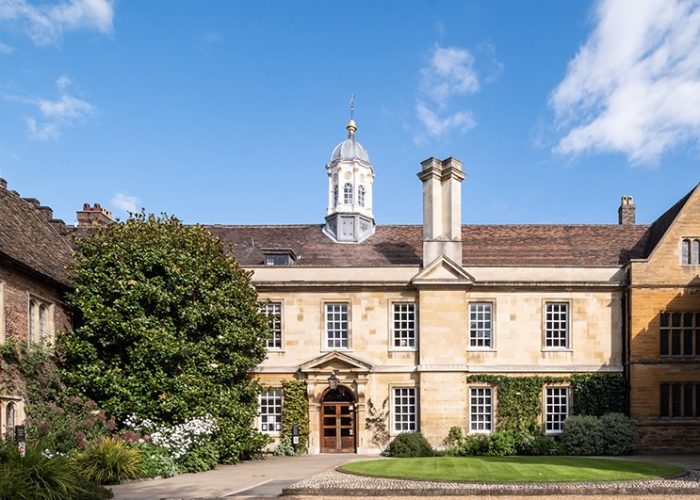Legacies of Enslavement

Trinity Hall has over six centuries of history. Despite the image that often still endures, colleges were not (and are not) isolated from the world around them but rather embedded in the societies of their time. Uncovering, understanding, and recognising that history is the aim of the Legacies of Enslavement at Trinity Hall project, which started in 2023.
This project stands alongside the University’s own Legacies of Enslavement investigation, as well as parallel research at colleges across Cambridge, and institutions across Britain and beyond. The aim of the project is first and foremost to bring to light the historical links of the college and of prominent college members to the trade in enslaved persons and institution of slavery, as a way of better understanding the College’s past. As a community devoted to the creation and dissemination of knowledge, there should be no areas of the College’s history that remain off-limits, no matter how uncomfortable.
While the horrors of slavery are universally condemned, there is also legitimate debate on how institutions should respond to such aspects of their history. This project will aim to provide a solid foundation for such debates to be conducted in an informed and democratic manner. But it is also intended as a resource for present and future generations interested in the history of the College and of the University.

The Governing Body has appointed a Legacies of Enslavement Working Group which includes fellows, staff and student representatives and who will oversee the research, as well as two external advisors who are experts on the history of slavery, Professor Bronwen Everill (Princeton University) and Professor William Pettigrew (University of Lancaster). The convenor of the working group is Professor Pedro Ramos Pinto, Fellow in History. In Spring 2024, the Working Group appointed a Research Associate, Dr Liz Egan, who is conducting research in the College archives and other collections. Dr Egan’s research will form the basis of an initial report on the Legacies of Enslavement at Trinity Hall, which will be published in 2025- 2026.
The production of the report is only the beginning and one aspect of what we hope to be the College’s continued engagement with all aspects of its history. Throughout the duration of the project, the Working Group will also organise several events aimed at inviting the wider College community – including students, alumni, staff and fellows – to engage with the stories and the history of the College’s entanglements with enslavement.